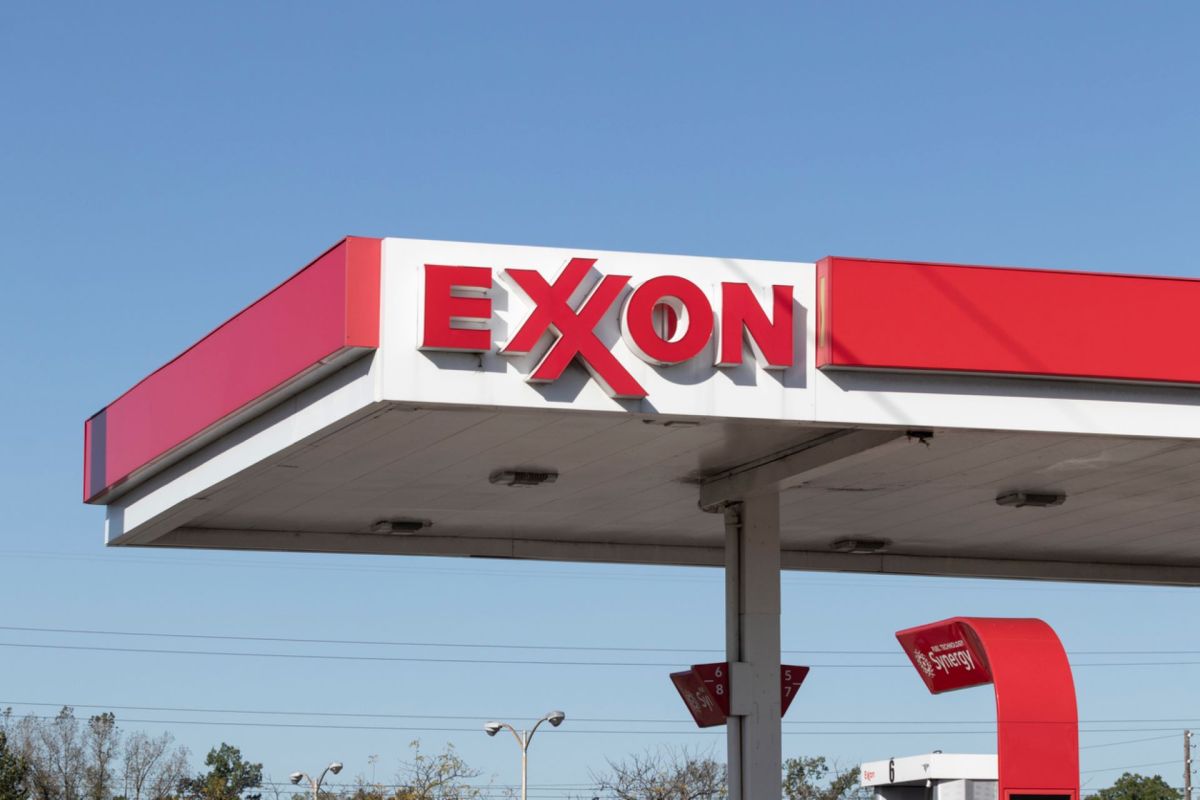ExxonMobil's latest project aims to turn air pollution into energy, and officials at the oil and gas juggernaut hope to bring the concept forward for broader use.
The pilot setup utilizes "carbon capture" technology and a partnership with FuelCell Energy at a plant in the works at Exxon affiliate Esso Nederland BV's site in Rotterdam, Netherlands, according to a press release published by Yahoo Finance.
It's another feather in the company's clean-energy cap, though the plumage tops a mostly oily crown. Exxon continues to deliver millions of barrels of planet-warming, polluting materials each day, the company reports.
Experts and environmentalists have questioned the effectiveness of carbon capture in the past and noted its potential to excuse other oil company actions, The New York Times has reported.
The new pilot plant features an innovation that can capture air pollution created when some of that oil and gas is used. The project will serve as a proving ground for carbonate fuel cell tech, collecting data and gauging technical issues during operations.
Provided it works, the system could be revolutionary for the planet because it nets dirty air straight from "industrial sources" before it can contribute to planet overheating, per the press release.
"The unique advantage of this technology is that it not only captures CO2 but also produces low carbon power, heat, and hydrogen as co-products," Exxon SVP of Commercial and Business Development Geoff Richardson said in the statement.
Once the pollution is "captured" from flue gas, the unique fuel cell technology goes to work, turning it into more useful elements and electricity using unique chemistry. Excess carbon dioxide can be sent deep underground, keeping it away from the atmosphere, according to FuelCell's website.
"FuelCell Energy and ExxonMobil believe that capturing carbon at the source is an efficient way to decarbonize heavy industry. This technology can capture carbon and produce electricity simultaneously, making it a game-changer in the industry," FuelCell President and CEO Jason Few said in the press release.
While the news bodes well for the future, Exxon's extensive oil and gas history has left a smoggy trail. Since 1965, the company has produced 44 billion tons of air pollution. To the company's credit, dirty air output has been declining since 2005, from nearly 150 million tons to about 121 million tons a year in 2022, according to Statista.
In 2023, Exxon bought Texas' Pioneer Natural Resources, a nearly $60 billion investment in oil and natural gas, per the Guardian. That's why it's important to keep tabs on companies that make clean-energy promises, as the "green" headlines may not tell the entire story.
For their part, Exxon officials plan to use what they learn from the pilot plant to potentially take the modular fuel cell tech to "broadscale implementation," according to the press release.
If the pilot project goes well, it could be a game-changer for many industrial settings.
"We are excited for the opportunity to pilot this innovation at our own Rotterdam facility," Richardson said in the press release.
Join our free newsletter for cool news and actionable info that makes it easy to help yourself while helping the planet.









